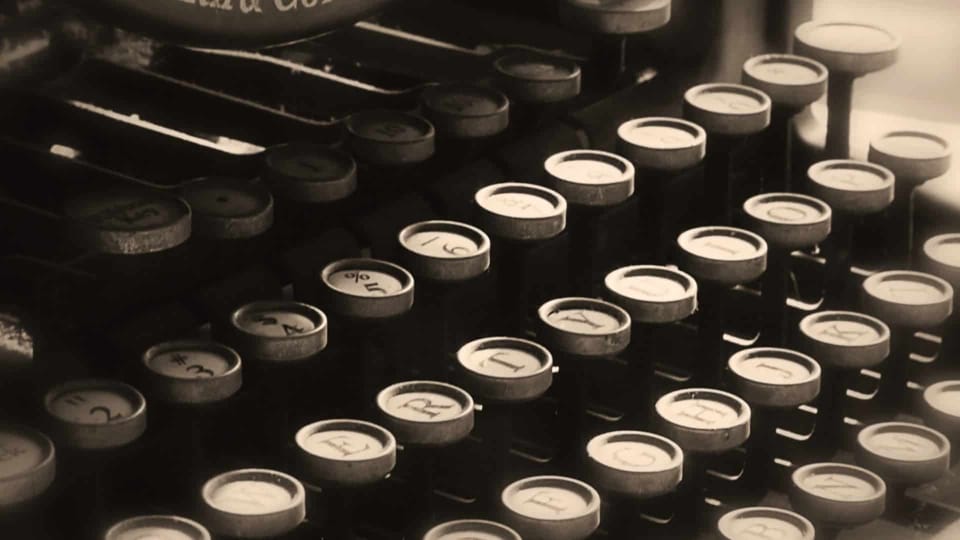About Writing

Since I was a kid, I knew I wanted to write. Other more accomplished authors have lots to say about writing—these articles (one and two) by Jared C. Wilson are a good place to start—but even with my limited experience, I do have some advice to offer.
If you feel the nudge to write, you probably have something to say. Barbara Ueland is right: “Everybody is talented, original and has something important to say” (If You Want to Write). Even if a topic has been covered before, you have a unique perspective to offer. Figure out what that is, and share it.
Start small. Write daily. Keep your writing private if you’d like, but still keep writing. The only way to develop your skill as a writer is to keep writing. A lot of it won’t be great, but that’s not the point. Keep writing anyway.
Read lots too. Read books on writing like On Writing Well, Bird by Bird, On Writing, Writing for Life and Ministry, and Write Better. But also read the kind of material you want to write. The best way to learn good writing is to feast on good writing.
Sooner than you’d like, share what you’re writing with others. Start a blog. Force yourself to publish on a schedule. Be generous. You’ll learn how to write when you don’t feel like it, and you’ll find out what resonates with others.
Years ago, I read advice from Charles Swindoll that shapes what I do today. “Are you dreaming of writing an article or a book? Write it! … Do so one page at a time.” And so I write 250 words a day, 6 days a week. This takes little time, and yet it’s enough to write the first draft of a 50,000 word book in just under eight months. The words add up quickly. Once you have an outline, all you have to do is worry about the next 250 words.
Finding a publisher is challenging, but traditional publishers are still seeking new voices. It helps to find an agent. Check out Steve Laube’s Christian Writers Market Guide. Learn how to write a book proposal. It will help you even if you self-publish. If you’re writing non-fiction, be sure to write the proposal long before you’ve completed the entire book.
UPDATE: Also check out Steve Laube’s course “The Elements of an Effective Book Proposal.”
Publishers are a gift. They vet, edit, design, publish, distribute, and market. If you get to work with one, be grateful.
Editors are amazing. You may disagree with them occasionally, but 90% of the time they’ll be right. A good editor can’t perform miracles with your book, but they will make it better.
But don’t discount self-publishing either. Read Write, Publish, and Repeat. Tools like Pressbooks and Amazon KDP make it possible for anyone to write, and just because it’s self-published doesn’t mean that it can’t be great. You’ll have to do more work, but nothing’s stopping you.
You may end up writing for tens of thousands, or you may end up writing for your children and a few friends. Either way, it’ll be worth it. Enjoy the process, and ask God to use your efforts. Your words might help someone you’ve never met, even after your life on earth is over.
Words are a gift, and it’s our privilege to use them. So if you want to write, get writing. Who knows what God will do with what you write?





